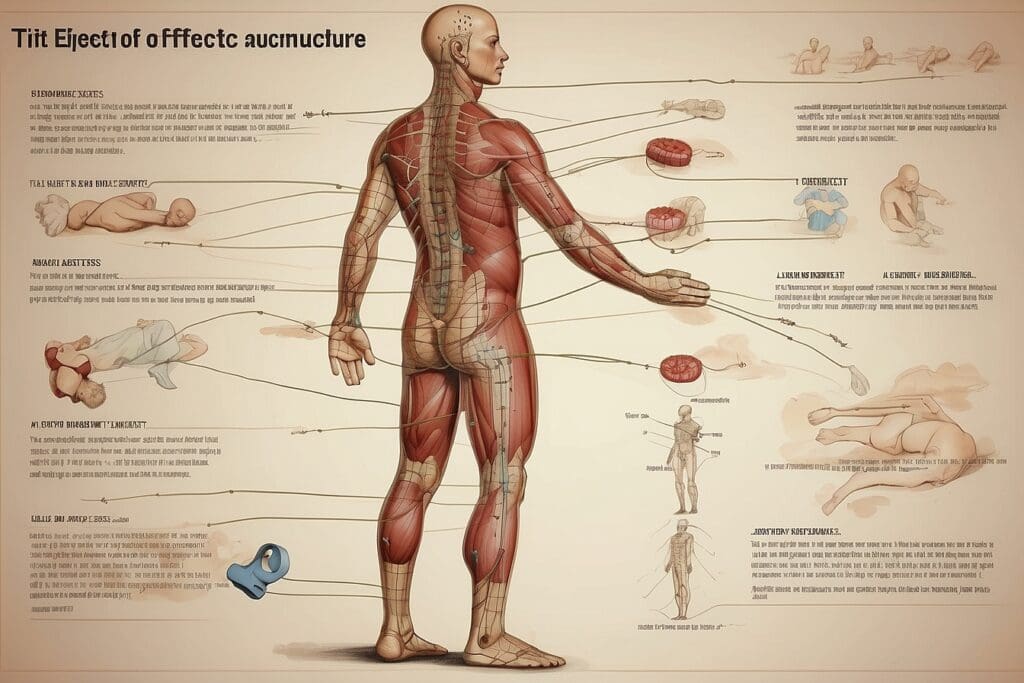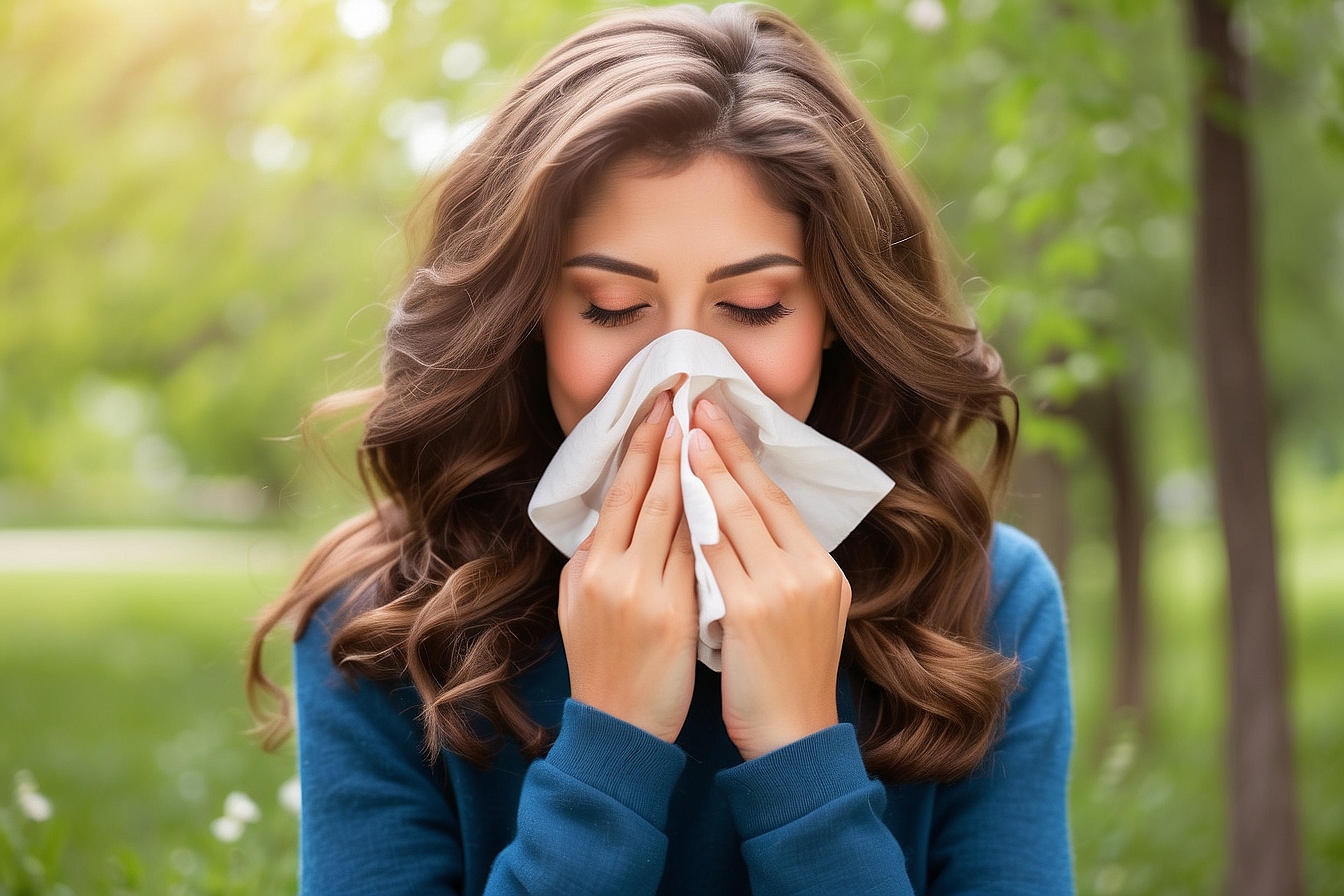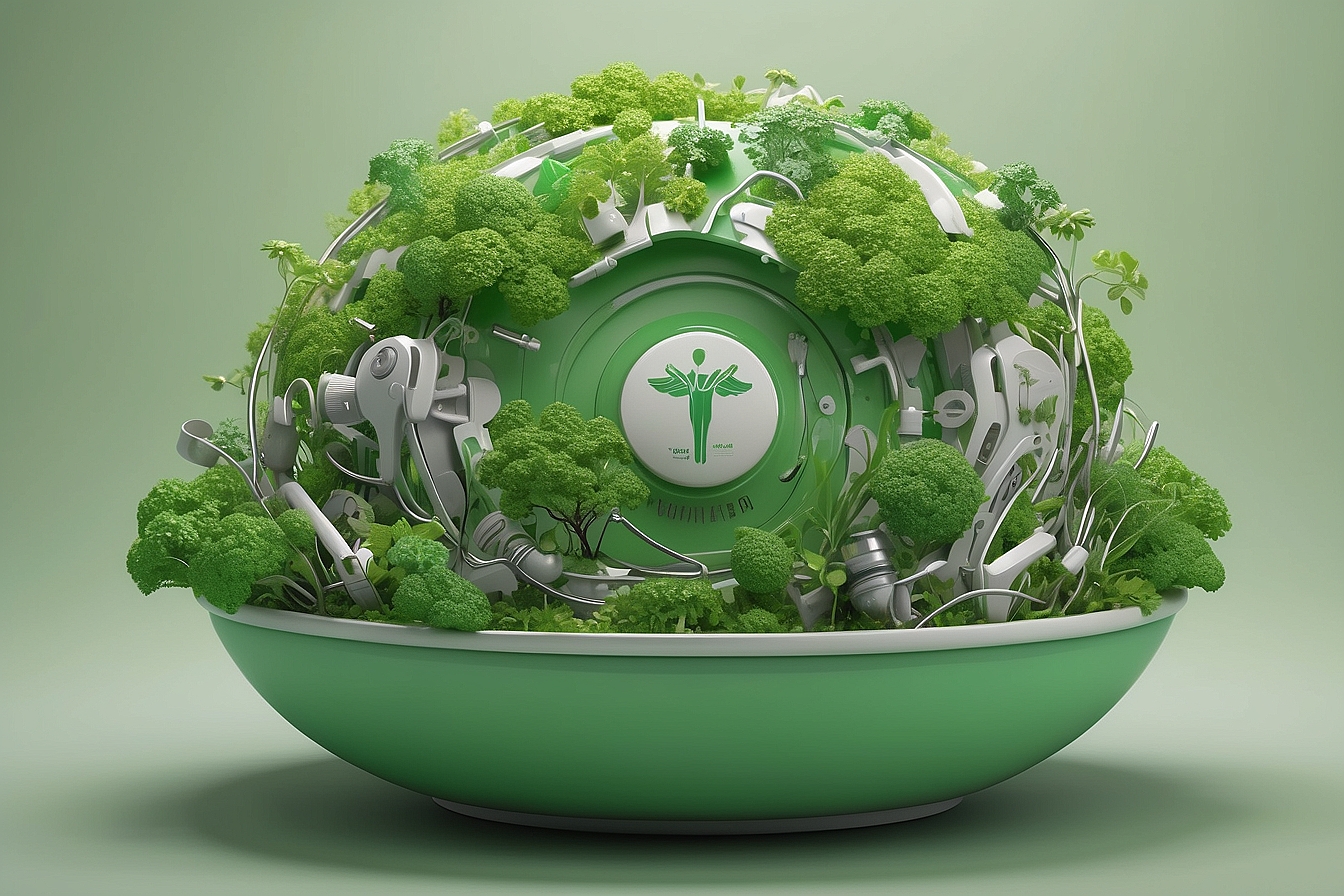I discussed what acupuncture is, the history of the practice, and the main types of acupuncture in use today. However, there were still important questions left unanswered. For instance, are there possible negative side effects to receiving acupuncture treatment? With all of the disposable needles used, is acupuncture an environmentally sustainable practice? What should you do to prepare for an acupuncture session?
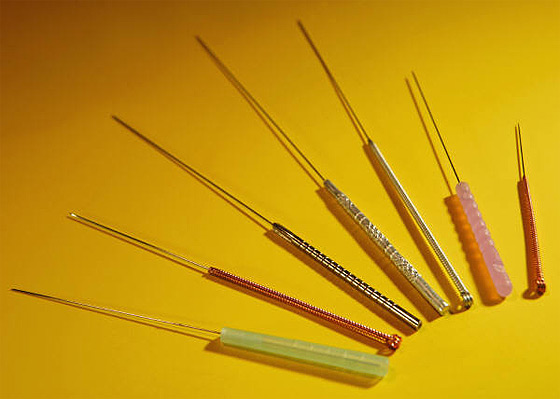 i
i
Possible Negative Health Side Effects
In general, people rarely experience adverse side effects from acupuncture treatments. One study only found 43 minor negative side effects out of 34,407 acupuncture treatments.1 However, there are a few to be aware of. First, some people notice that they feel worse after the treatment before they start feeling better. Sometimes referred to as the “healing crisis,” acupuncturists believe that it is simply the body responding to the treatment and beginning the healing process.2
Another common side effect is fatigue after treatment. While some people may feel energized after their treatment, fatigue afterwards is typically a sign that your body really needs to rest and that you should go to bed early that night. It is also possible to experience lightheadedness when you get up from the acupuncture table. To avoid this, get up slowly from the acupuncture table and even sit in the waiting room for a few minutes to regroup before leaving.3
The needles themselves can cause a few minor negative side effects, as well. Certain body parts, especially the feet and hands, can feel sore after the needles are removed. The acupuncture point between the thumb and index finger can be an especially sensitive area. Usually the soreness fades away within 24 hours. Less common is bruising at the point where the needle was inserted. While it is unknown why people bruise from acupuncture, it is not a side effect to be too worried about. Lastly, people may experience involuntary muscle twitching from the needles.4
Acupuncture can be a powerful emotional release for some people, and they may feel sensitive or tear-prone during the session or in the days that follow. Acupuncturists believe that since physical and emotional health are interconnected, emotional release is a sign that the healing process is occurring.5
While none of these side effects are cause for too much concern, if they feel more severe or last longer than you think they should, contact your acupuncturist.6 There are a few instances when perhaps acupuncture is not the right treatment for you. For example, if you have a bleeding disorder or are taking a blood thinner, you should let your acupuncturist know before starting.7 There are contradicting studies on whether or not it is safe to receive acupuncture while pregnant, so if you are pregnant consult an acupuncturist and obstetrician beforehand.8
Environmental Impacts
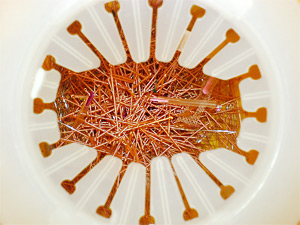 iiLicensed acupuncturists are required to use sterile, disposable needles to avoid causing infections and the spread of diseases, such as hepatitis.9 However, what is the environmental impact of using disposable needles?
iiLicensed acupuncturists are required to use sterile, disposable needles to avoid causing infections and the spread of diseases, such as hepatitis.9 However, what is the environmental impact of using disposable needles?
The earliest known acupuncture needle was made out of bone. Since then, the needles have been made out of gold, silver, and most recently, stainless steel. After an acupuncture-caused outbreak of Hepatitis B in 1978, AcuMedic developed the first disposable acupuncture needle. However, due to competitive pricing there were manufacturers using low-grade materials and skipping quality tests, which led to the United States Food and Drug Administration (FDA) setting standards for disposable acupuncture needles. Since needles can be bent and broken by muscle movement during treatment, it is very important that these standards exist.10
Compared to other medical treatments, acupuncture produces relatively little waste. The stainless steel needles are disposed of into sharps disposal containers and then disposed of as medical waste, which follows special procedures.11 It is also important not to reuse sharps disposal containers.12
Visit Prep
Here are a few tips to prepare you for your acupuncture session:
- Don’t go to acupuncture on an empty stomach because you may end up feeling lightheaded and/or exhausted. It is best to eat about two hours before your session, so that you’re not too full either.13
- Avoid coffee at least two hours before your appointment. Since coffee is a stimulant, it will make it difficult for the acupuncturist to accurately read your heart rate and your body will not transition as easily into parasympathetic (rest-and-digest) mode.14
- Wear loose clothing to your appointment, especially if you’re going to a community acupuncture appointment, so that your acupuncturist can easily access the points they need to.15
- Turn off your cellphone so that you’re not distracted during your appointment.16
- Avoid strenuous physical activity directly for the few hours before and after your appointment.17

